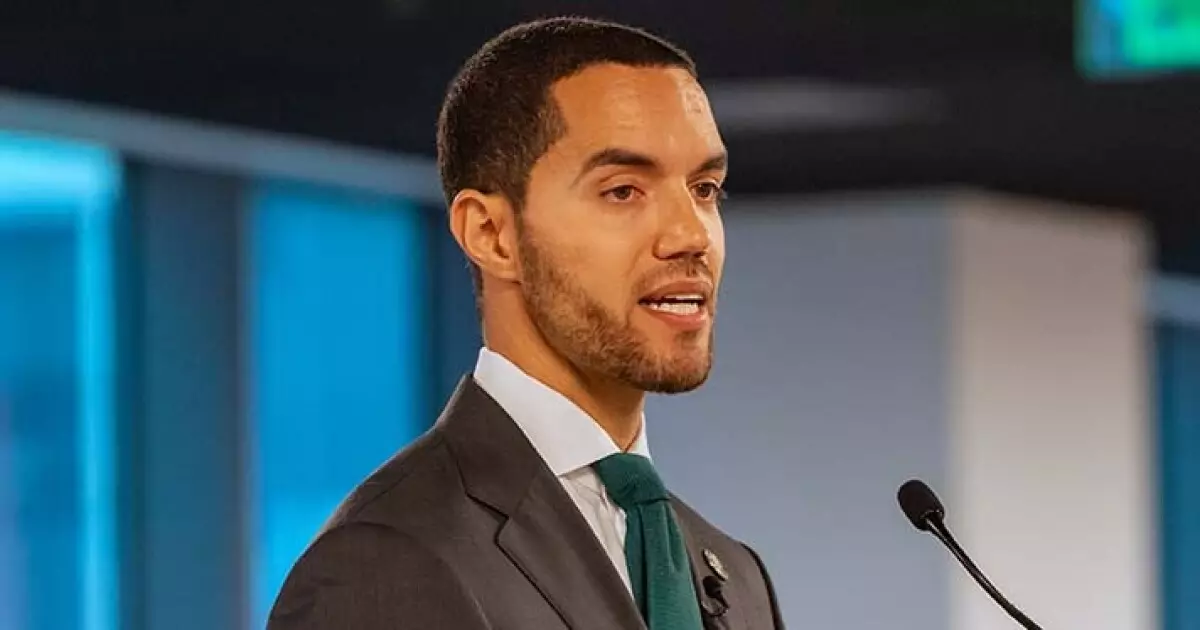Houston is currently facing a potentially crippling budget challenge following the Texas Supreme Court’s decision to decline the city’s appeal regarding a significant property tax revenue issue. This court ruling has been interpreted as a direct financial blow that could lead to a $100 million hit to the city’s budget each year. The catalyst for this grave financial predicament stems from a 2019 lawsuit in which the plaintiffs contested the city’s authority to manipulate property tax revenue designated for drainage and road maintenance, aiming to adhere to a tax cap ratified by voters.
As the fourth-largest city in the United States, Houston’s fiscal health has widespread implications, not only for its residents but also for its credit ratings. Following this legal decision, both Fitch Ratings and S&P Global Ratings took the precautionary step of revising their outlook on Houston’s AA ratings from stable to negative, primarily due to dwindling financial reserves resulting from continuous budgetary pressures.
The ramifications of this budget cut are severe. Houston’s Controller, Chris Hollins, outlined the potential consequences during a recent city council meeting, describing the payment that is due on June 30 to the Dedicated Drainage and Street Renewal Fund as a “real gut punch” for the city’s already precarious budget. The projected fund balance for fiscal year 2025, which was anticipated to be around $350 million, is now in jeopardy of plummeting to approximately $250 million. Moreover, the city anticipates a structural deficit exceeding $300 million, raising alarms among local officials regarding their ability to sustain critical services such as public safety, infrastructure maintenance, and community programs.
Hollins expressed urgent concerns about the city’s fiscal future, indicating that without a substantial overhaul of spending or new revenue streams, he may not be able to certify the next year’s budget. He went as far as suggesting the formation of a joint emergency task force to identify all available options, urging transparency in these discussions with the public who rely on the city’s services.
Possible Solutions and The Path Forward
Mayor John Whitmire has also recognized the severity of the situation and is advocating a collaborative approach moving forward. He has committed to engaging with the plaintiffs of the original lawsuit to potentially arrive at a compromise that would provide the city with the necessary financial flexibility. The mayor’s proactive stance emphasizes a desire to explore every avenue for increasing revenue while simultaneously evaluating the city’s existing financial strategies.
In a bid to alleviate some of the financial stress, Houston’s Finance Director, Melissa Dubowski, noted a recent collaboration with the Metropolitan Transit Authority which has unlocked an immediate $50 million for the city. She also pointed to an impending report from Ernst & Young that promises to outline efficiencies and collaborative opportunities, potentially contributing to a more sustainable financial strategy in the future.
This financial crisis is compounded by Houston’s existing struggles, which were exacerbated by a costly settlement with firefighters last year. This settlement included a bond-financed payout of $650 million and a five-year contract that entails salary increases of up to 34%. Such financial obligations further compound the challenges the city faces, particularly as it seeks to balance necessary public services with budgetary constraints.
Given the precarious financial landscape, the task force’s recommendations and the city’s negotiations with plaintiffs will prove critical in determining whether Houston can navigate this crisis without drastic cuts to essential services that affect the quality of life for its residents. The coming months will be pivotal in shaping a more sustainable financial future for Houston as officials grapple with this unexpected and daunting challenge.
The city’s leadership must act decisively and transparently to tackle these financial pressures, as the decisions they make will not only influence the city’s credit ratings but also the day-to-day lives of Houstonians who depend on the services their government provides.


Leave a Reply